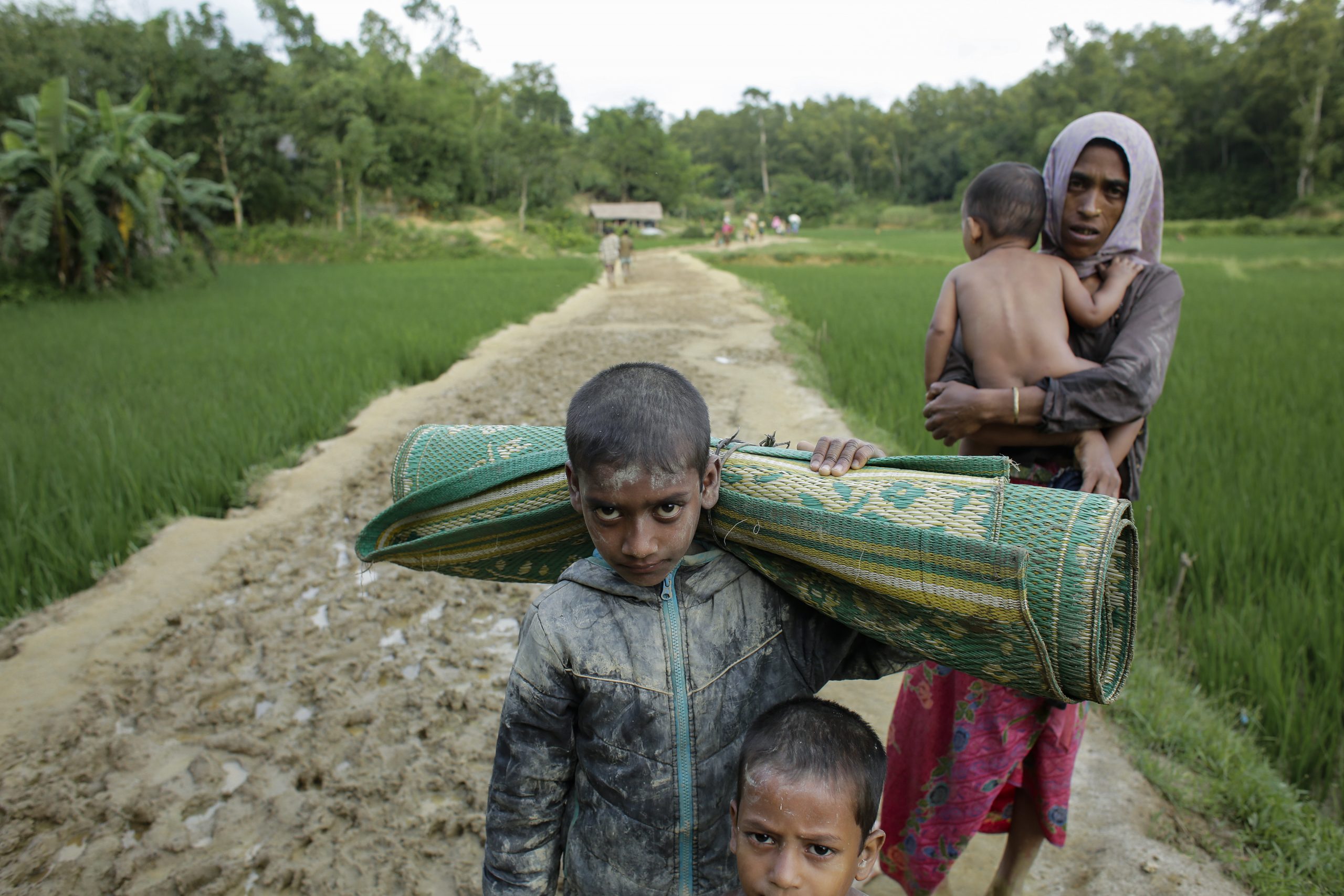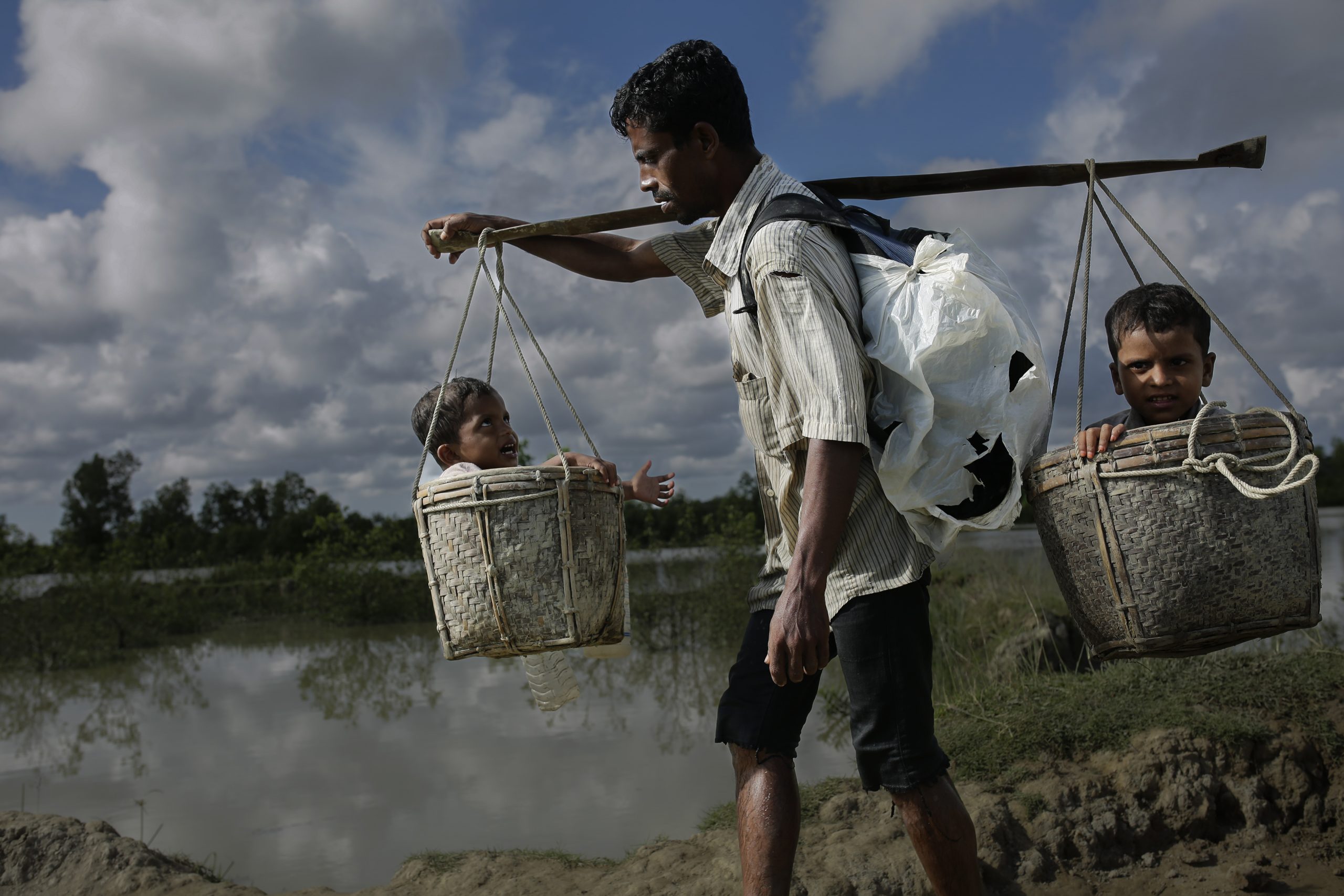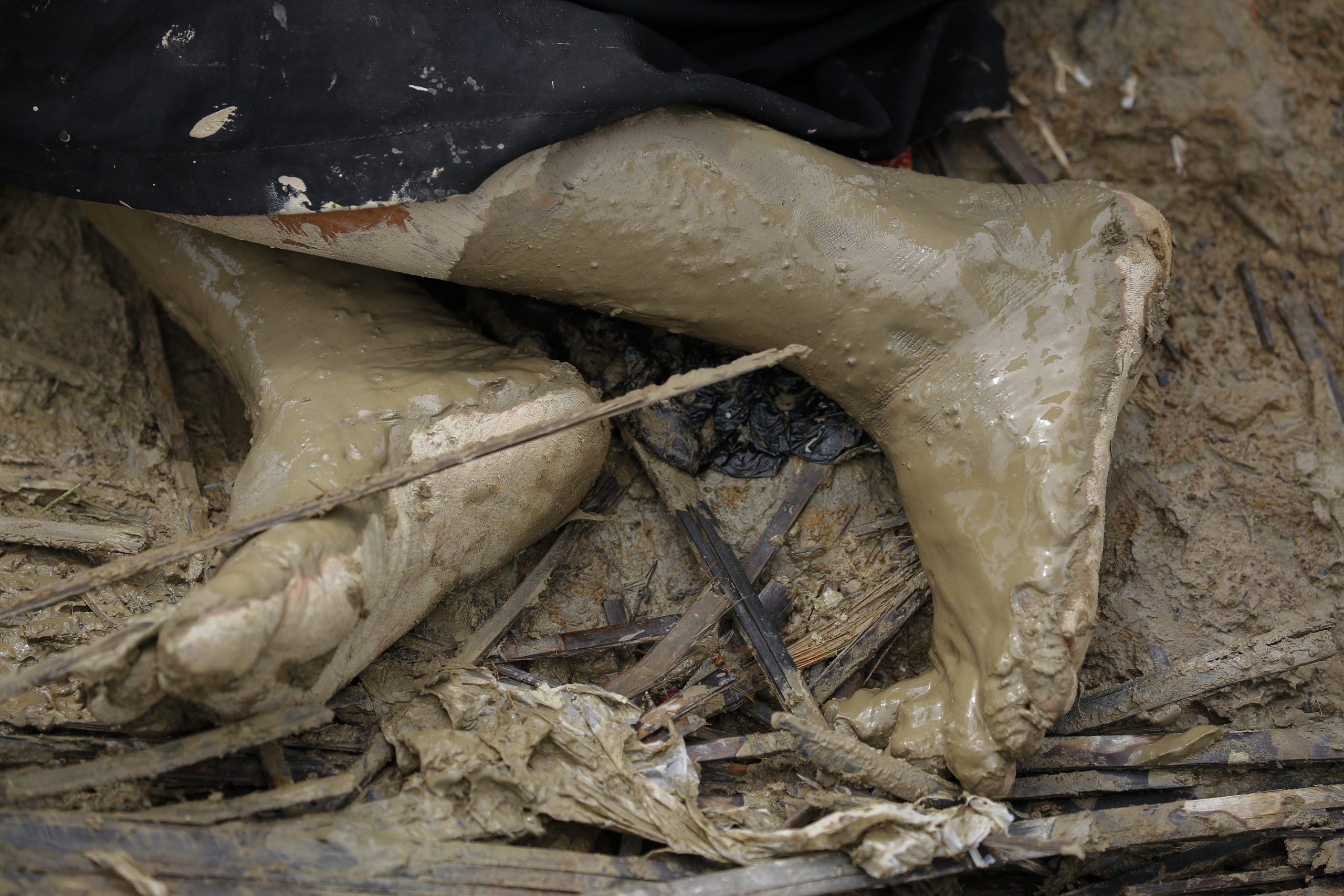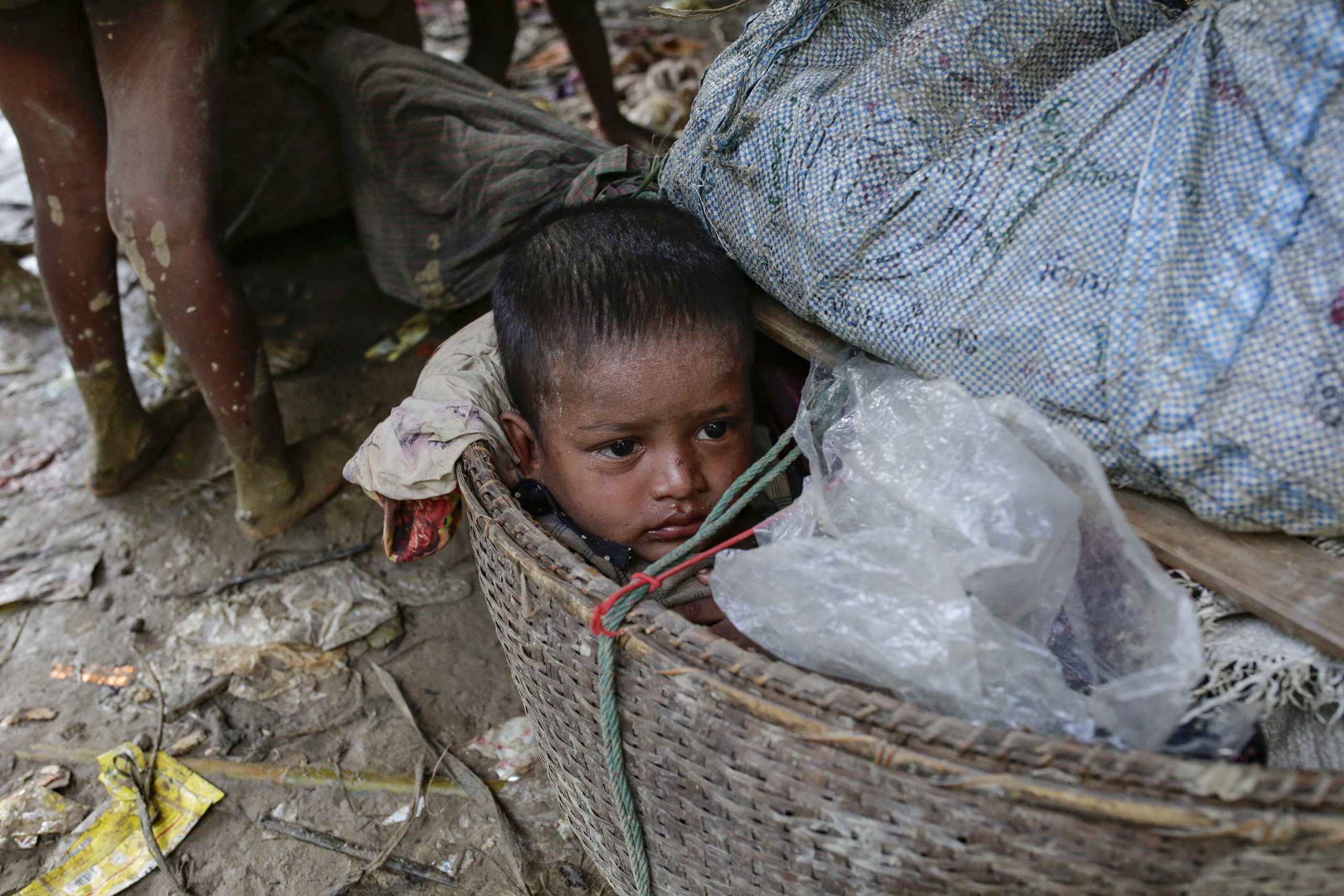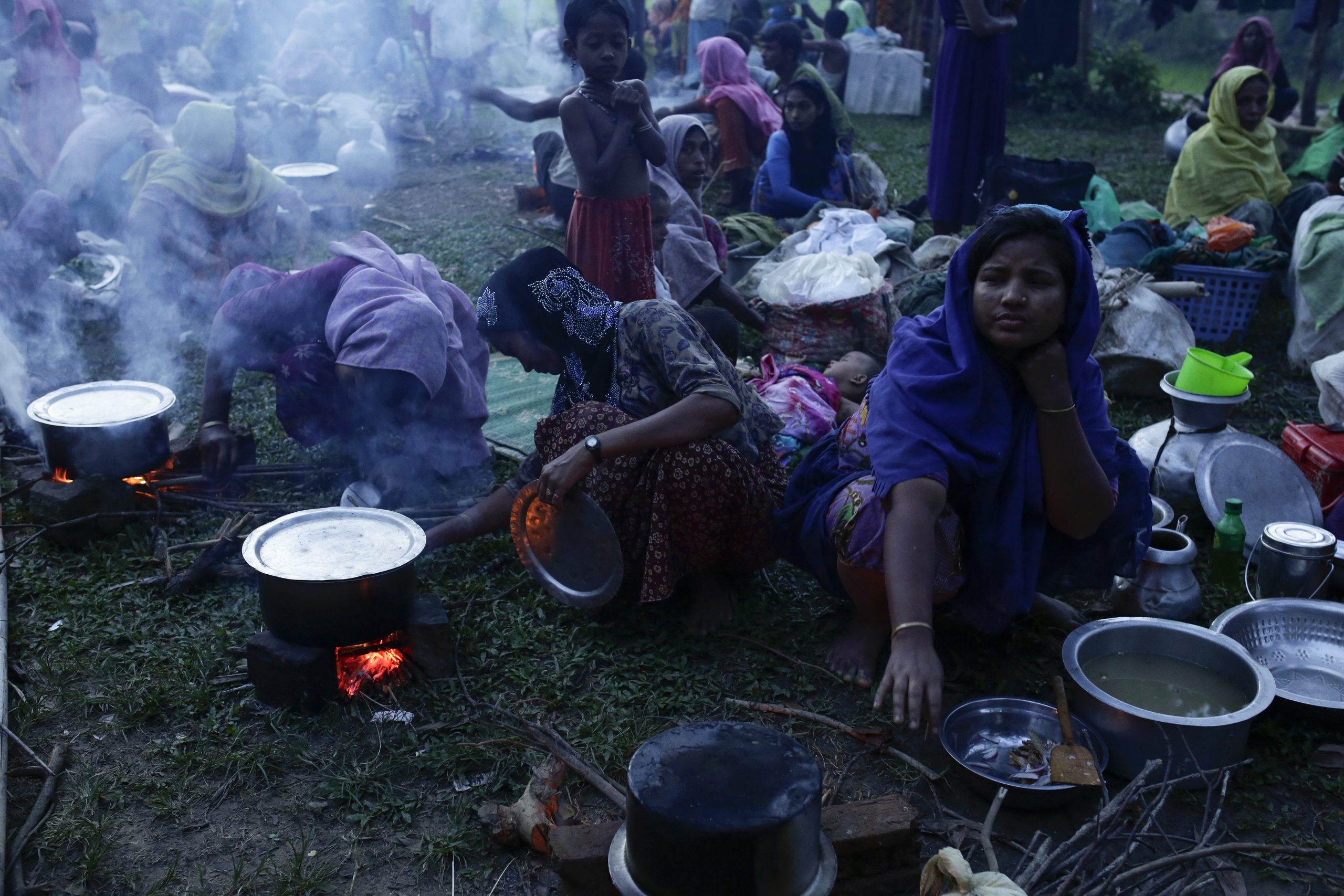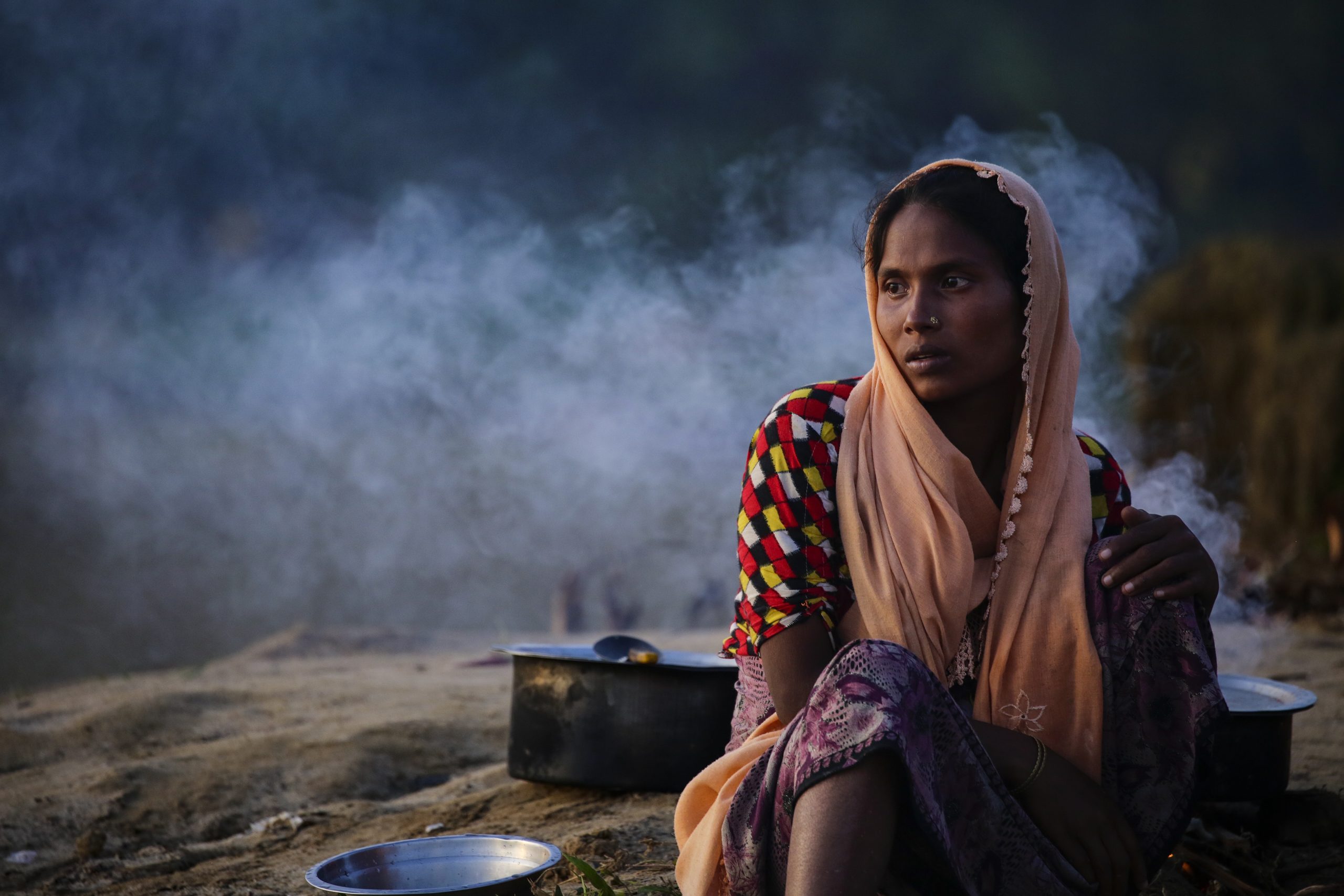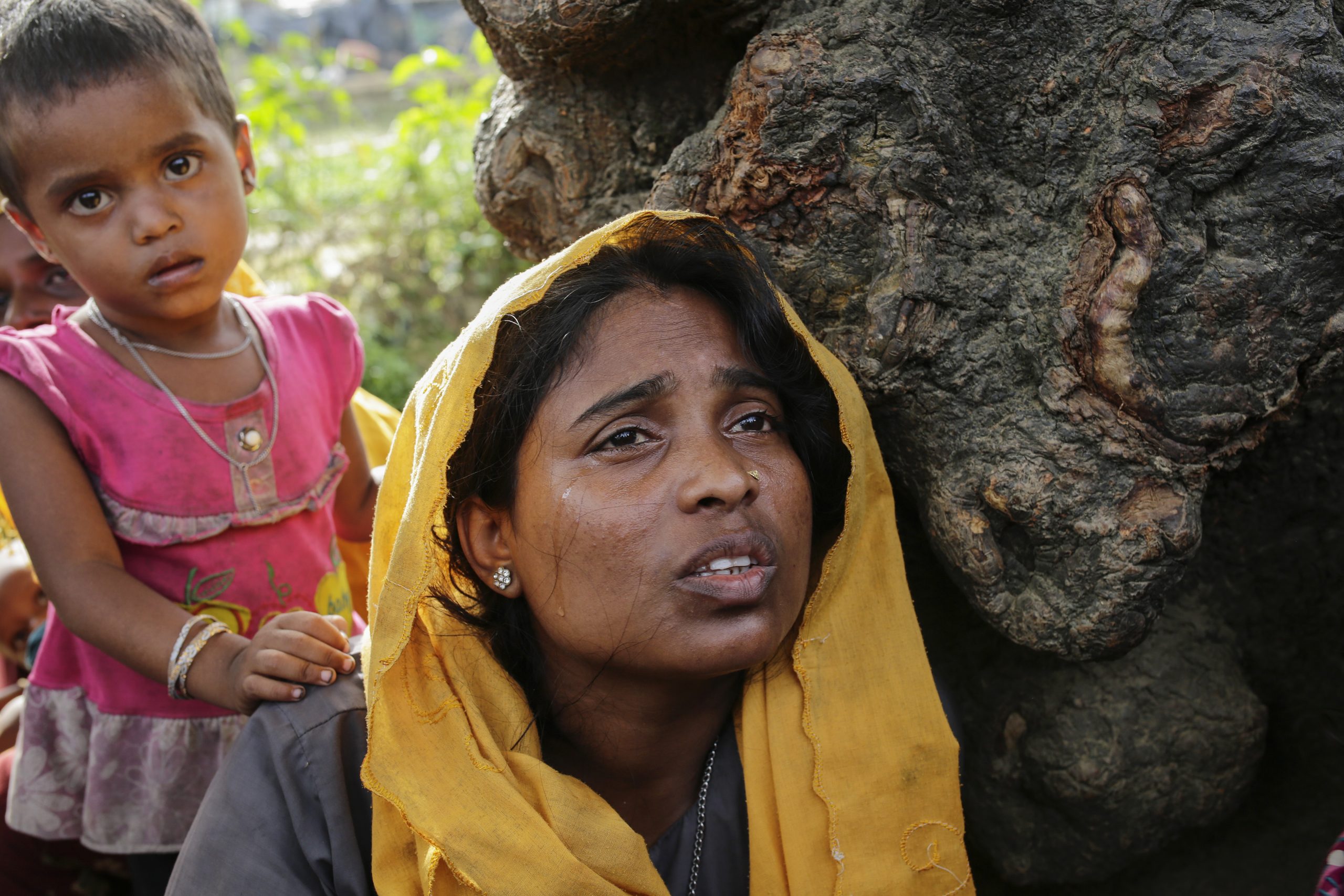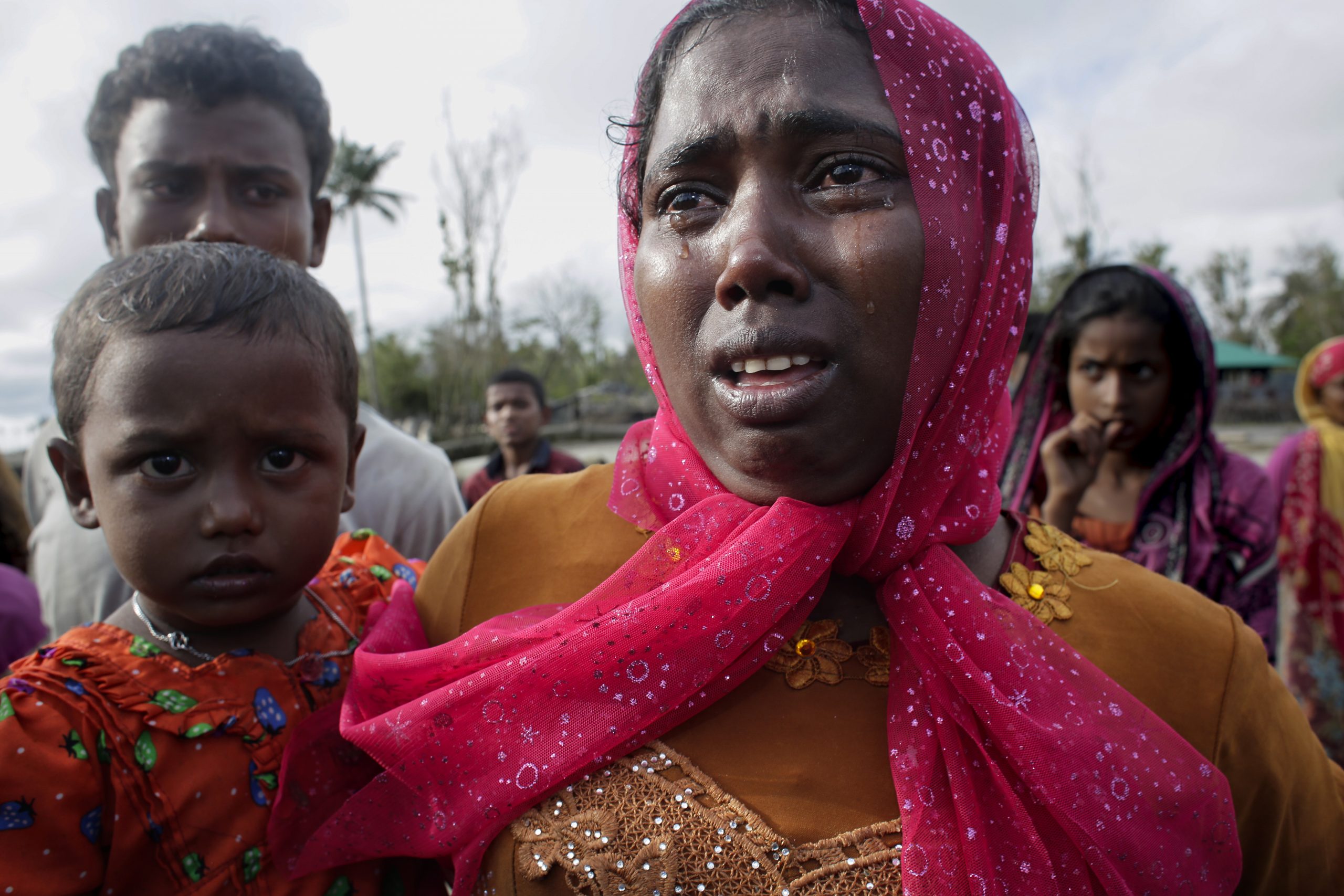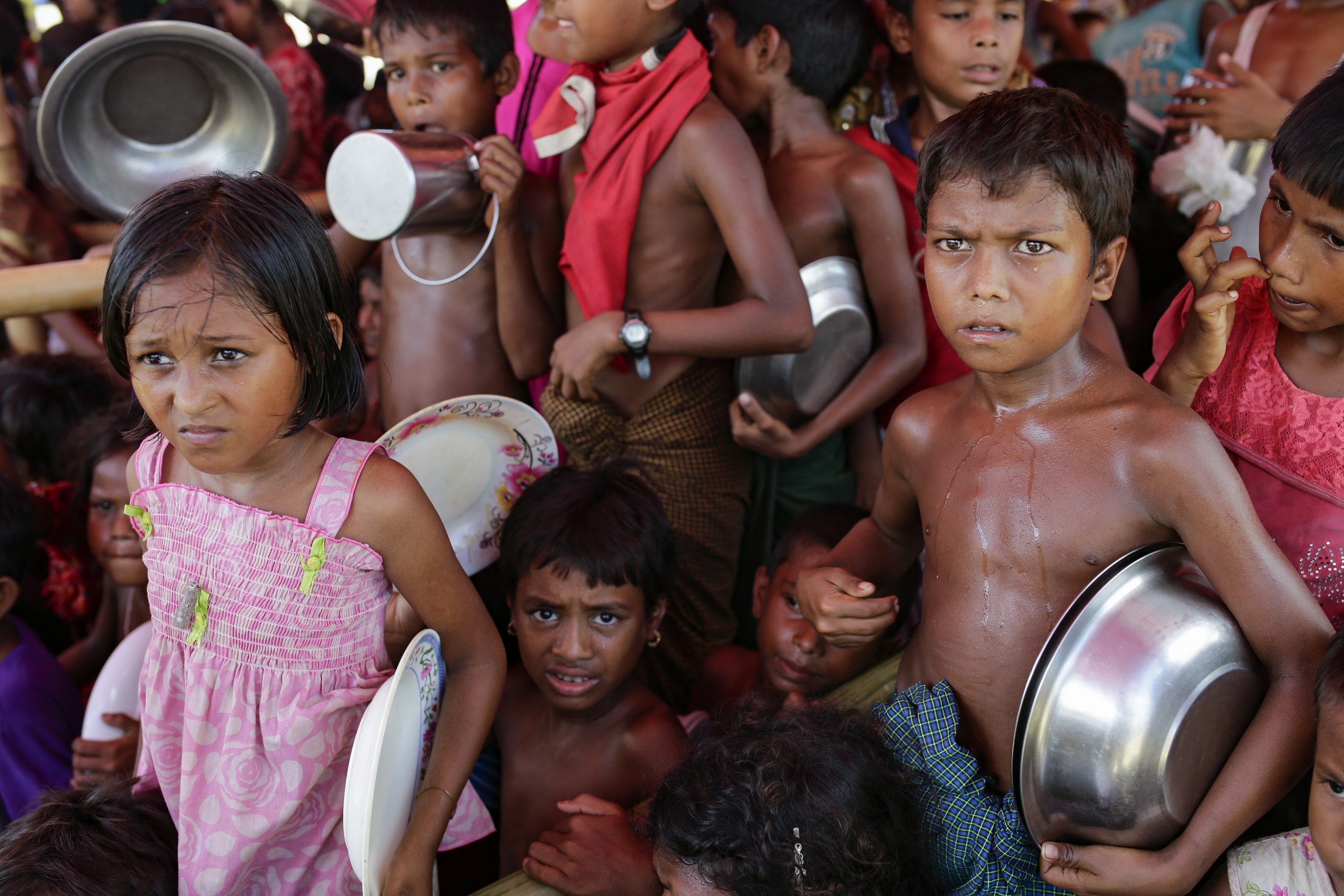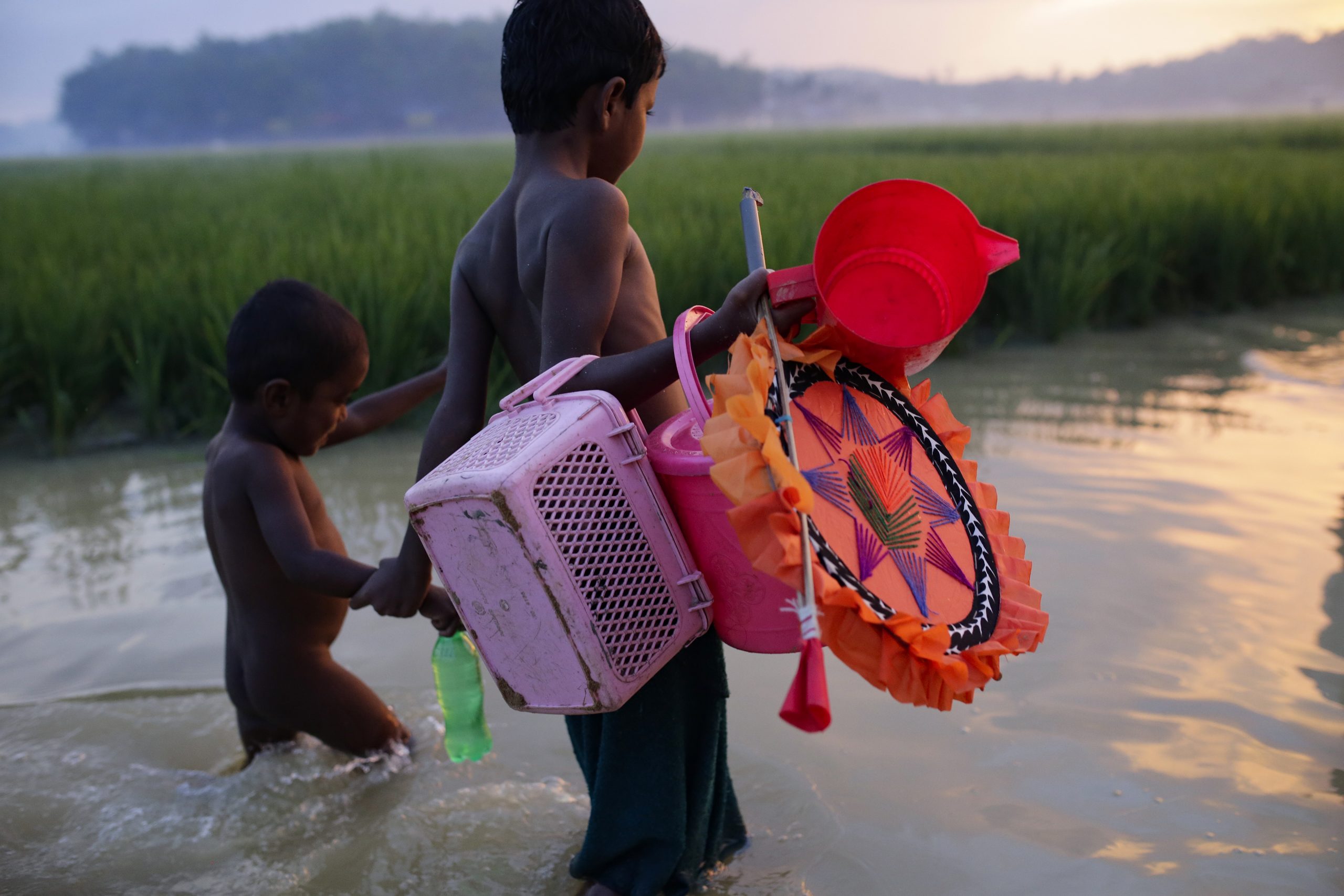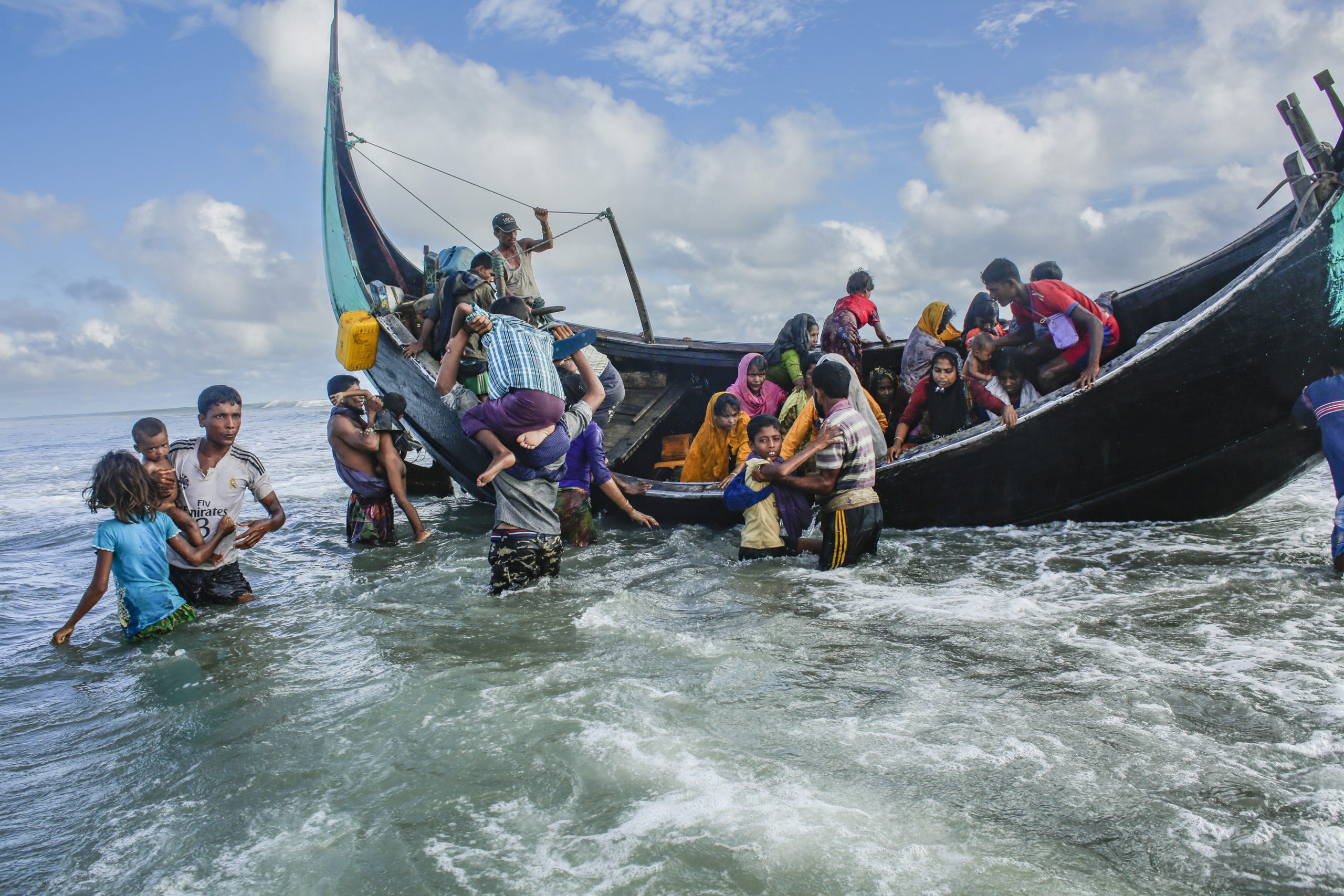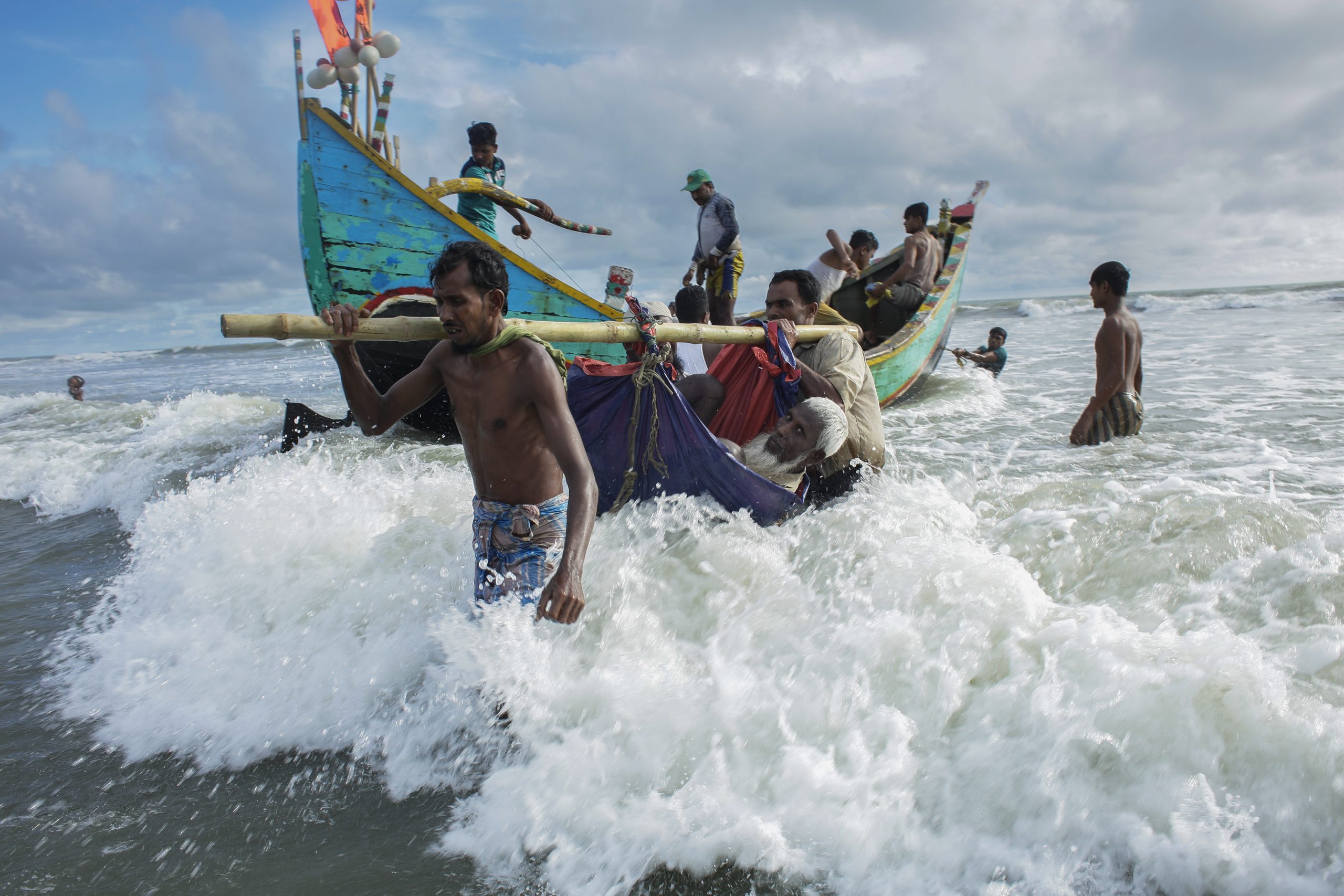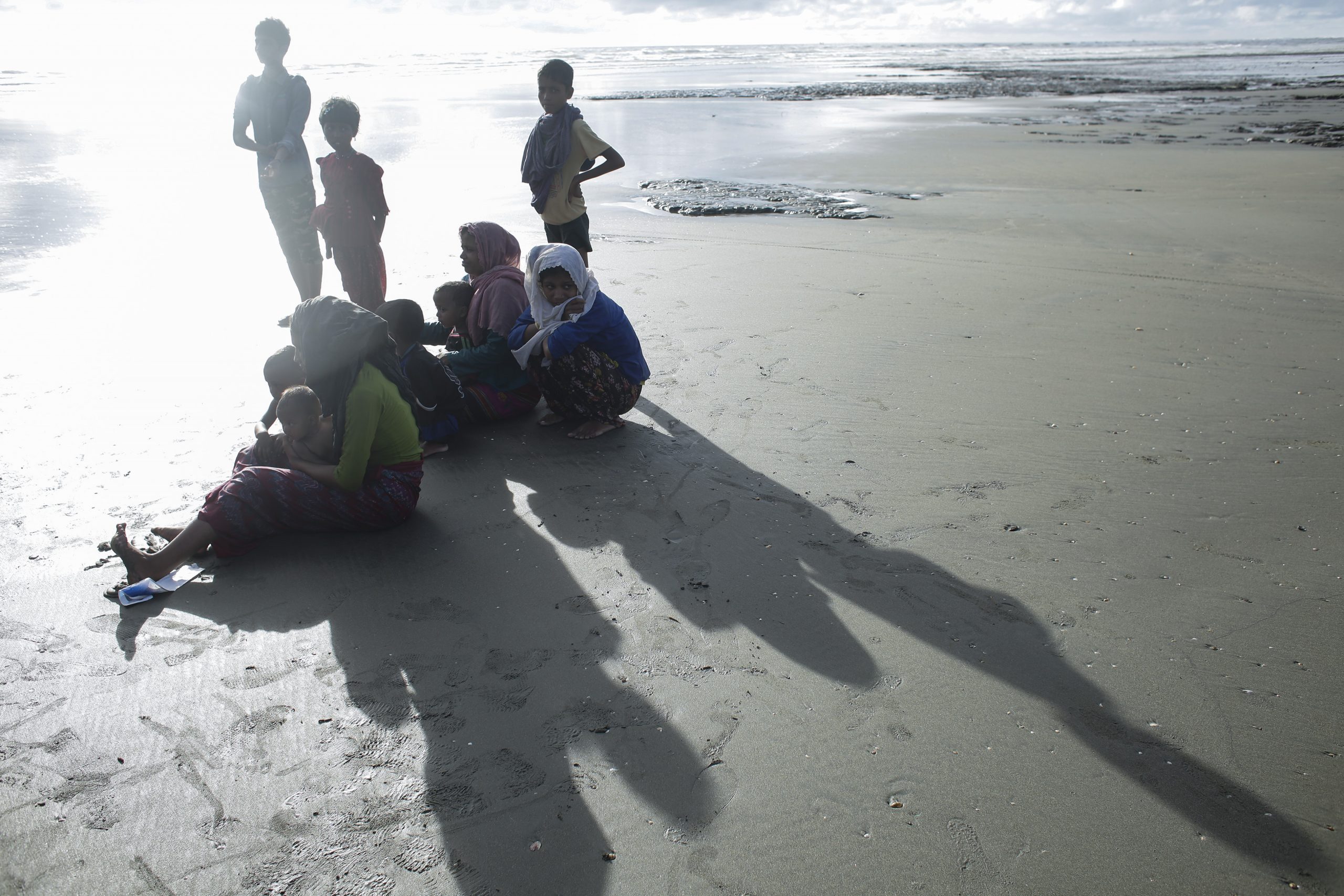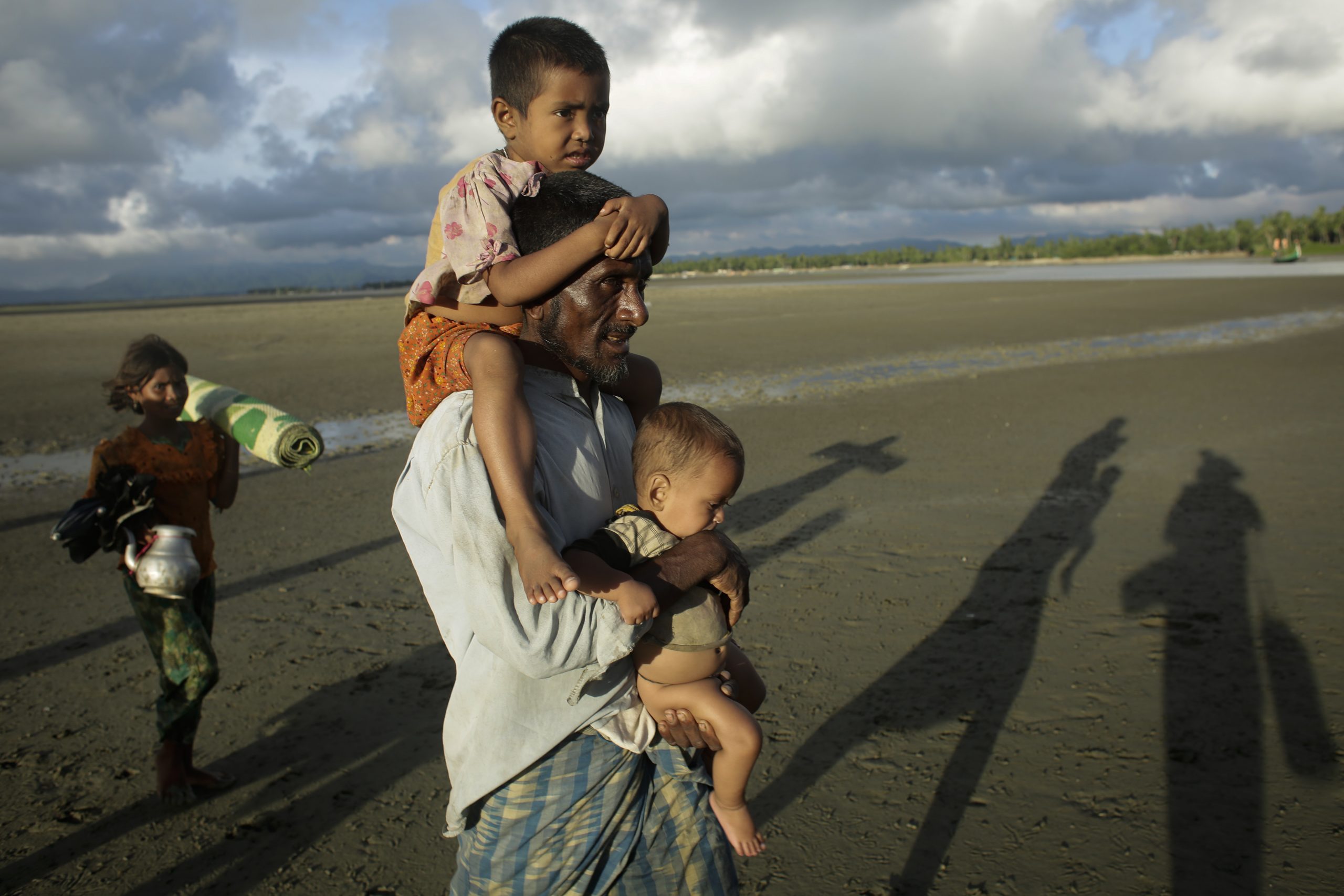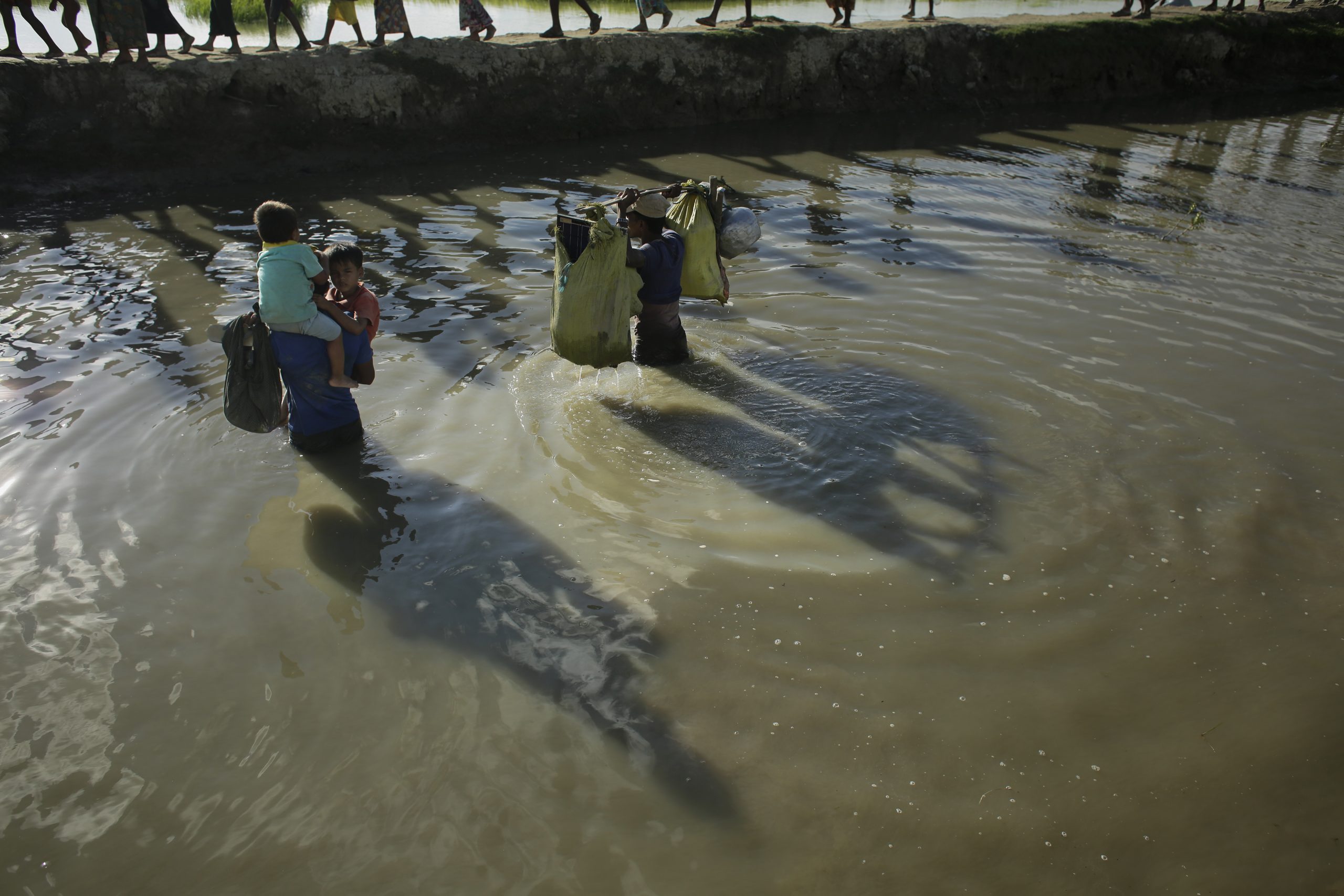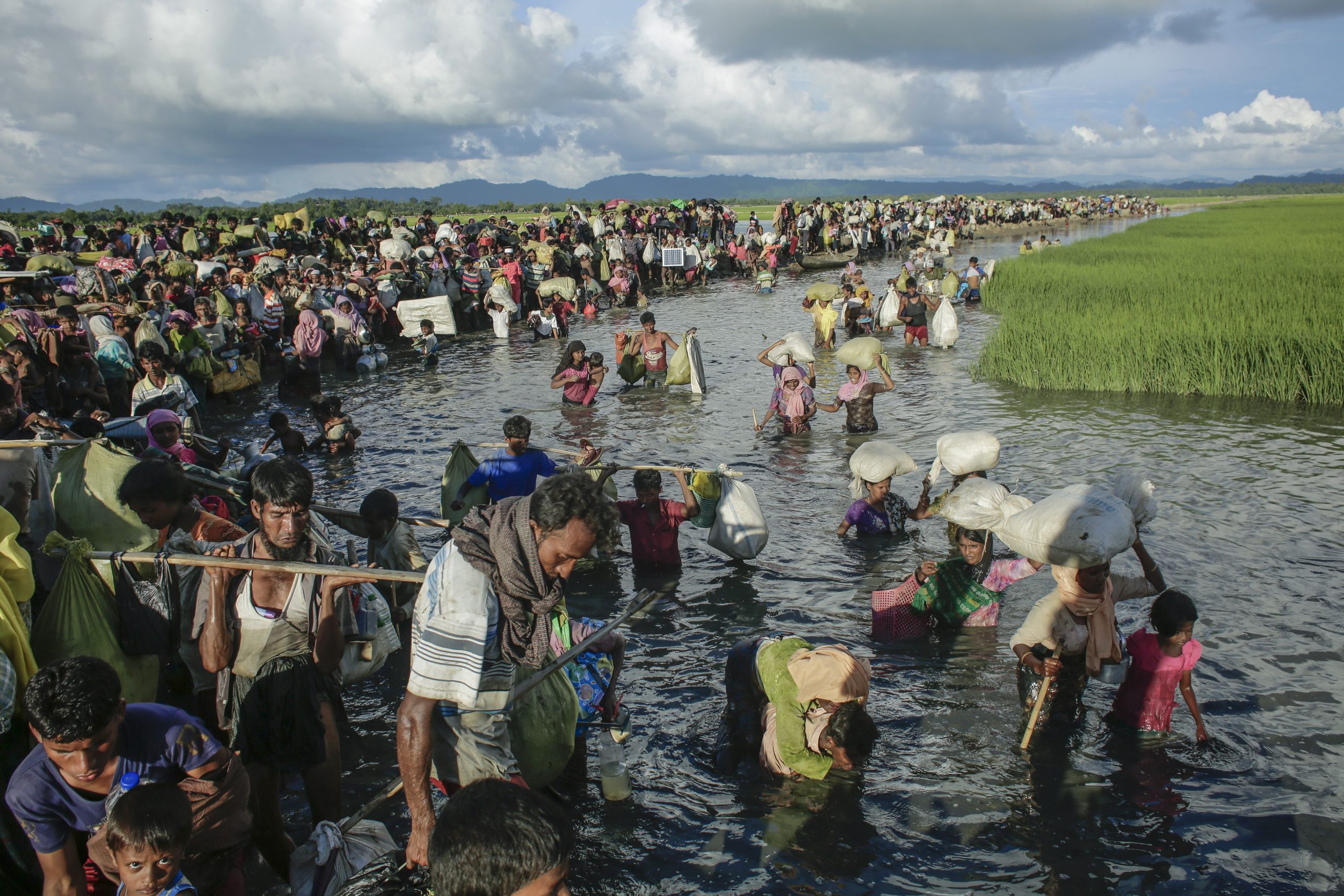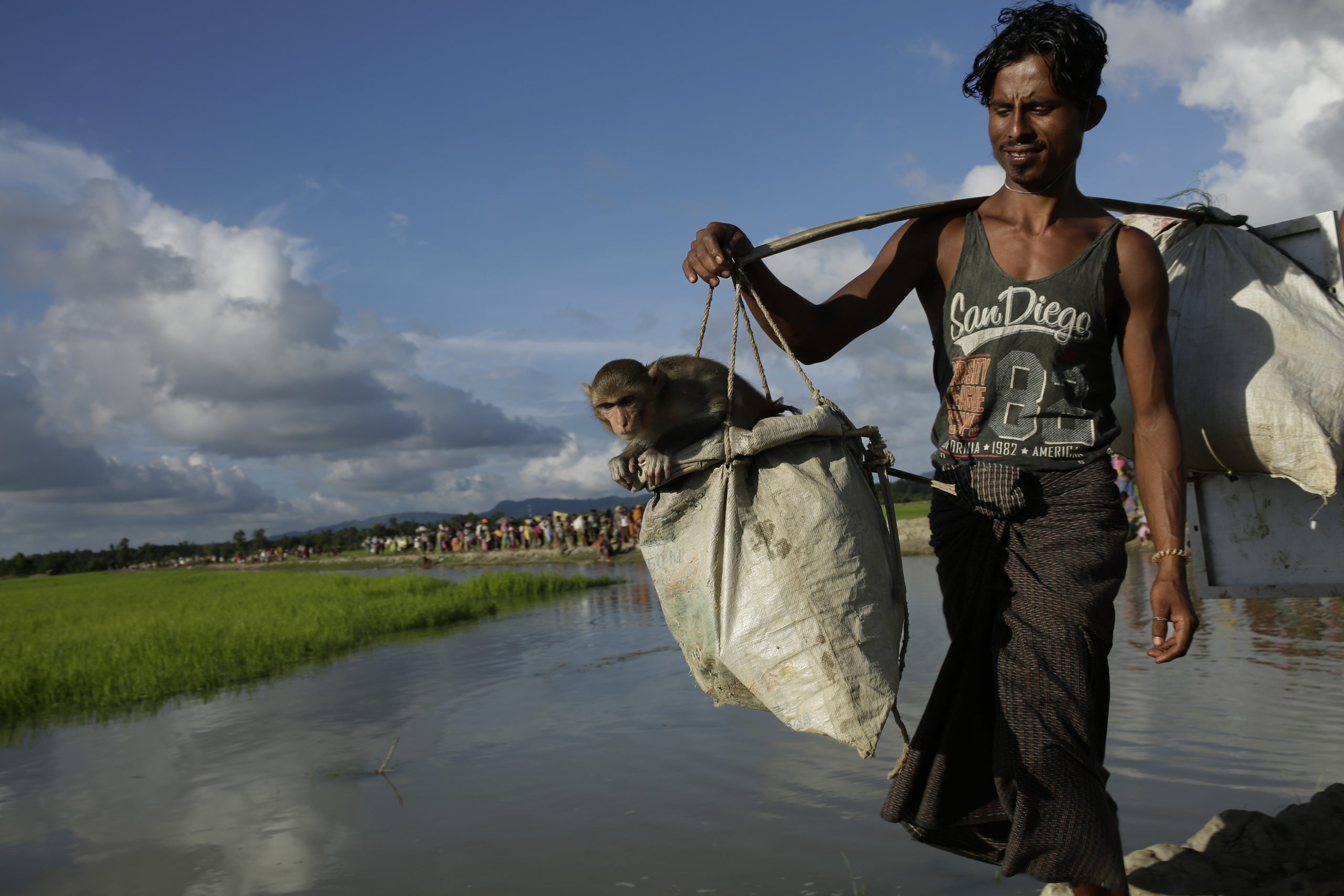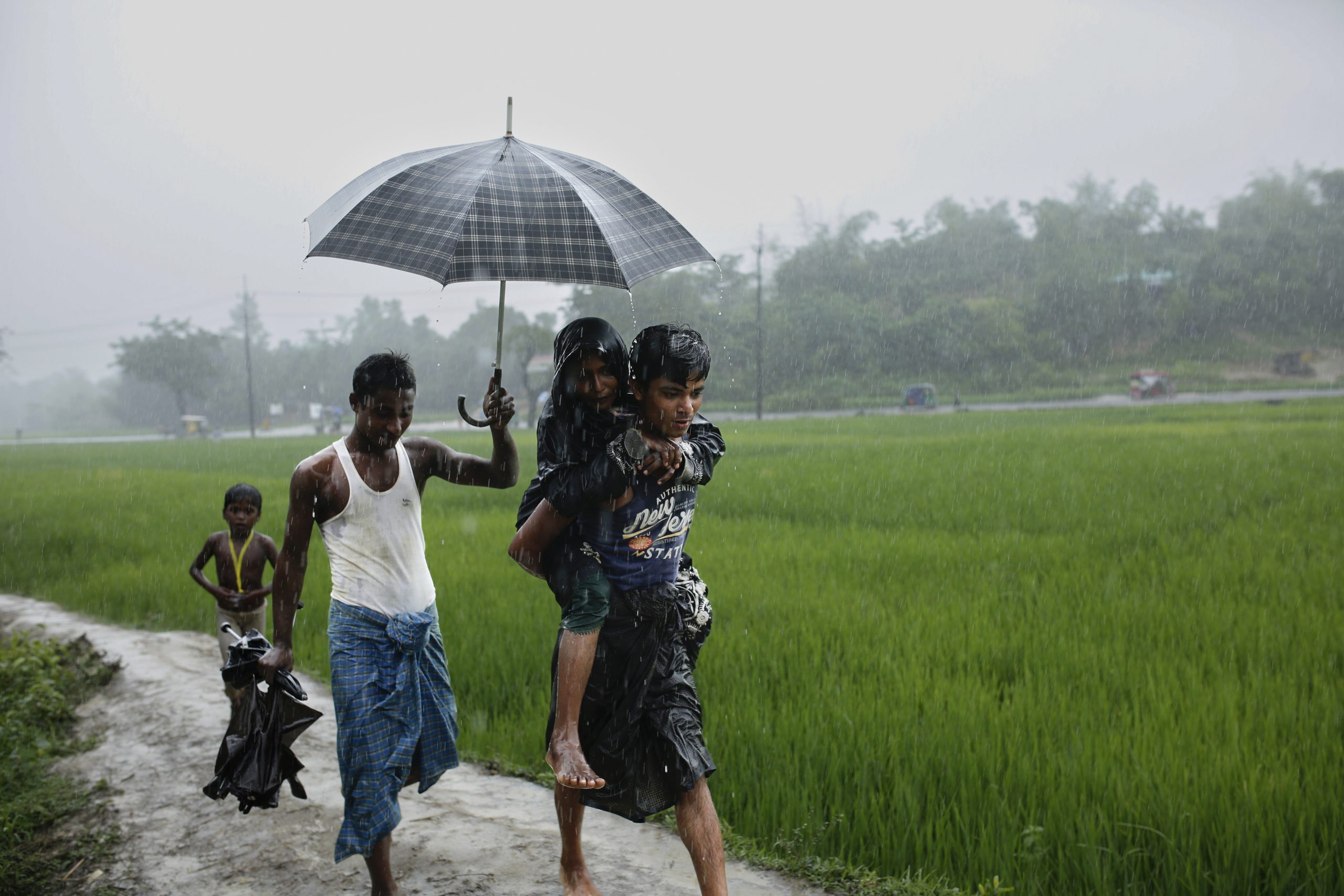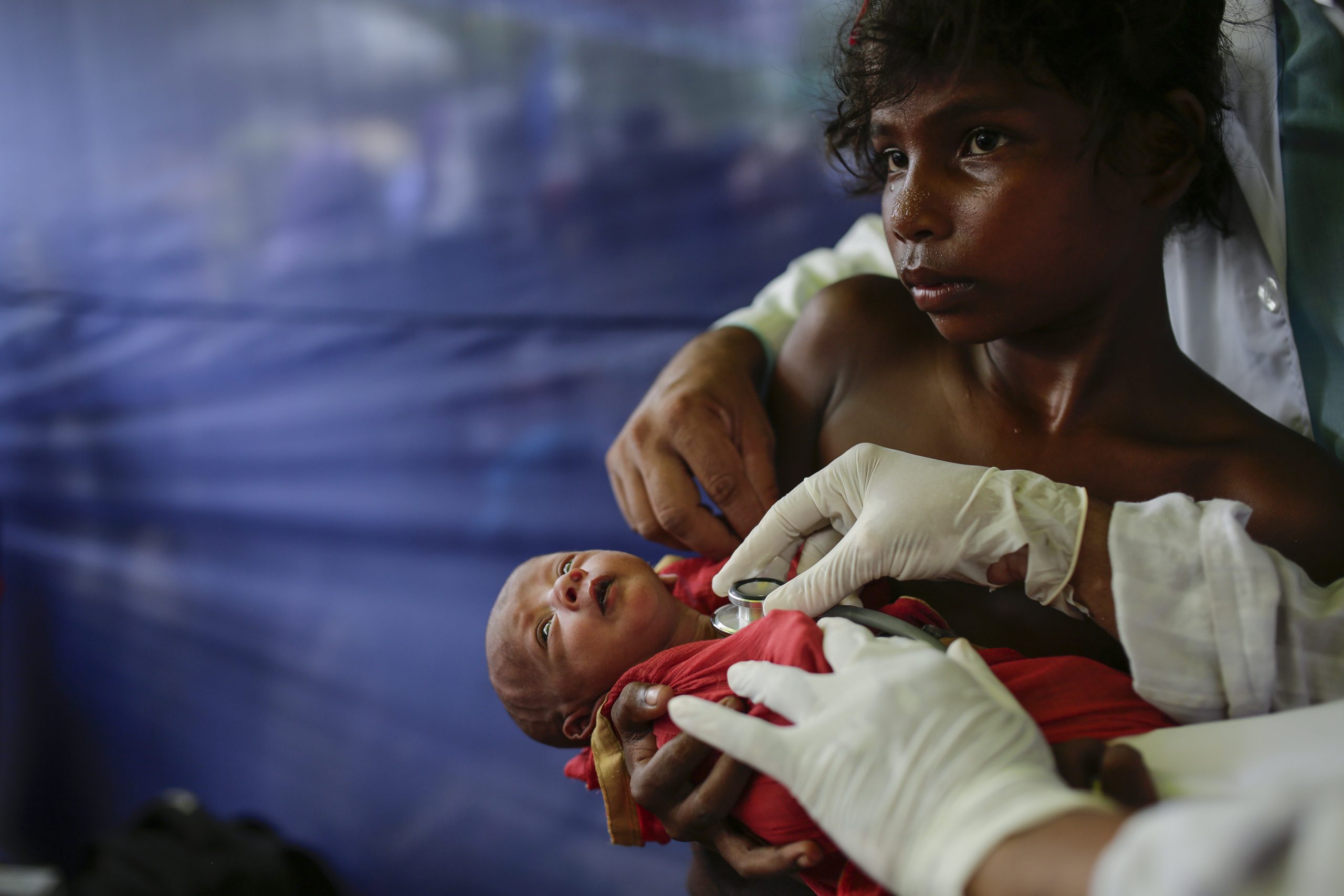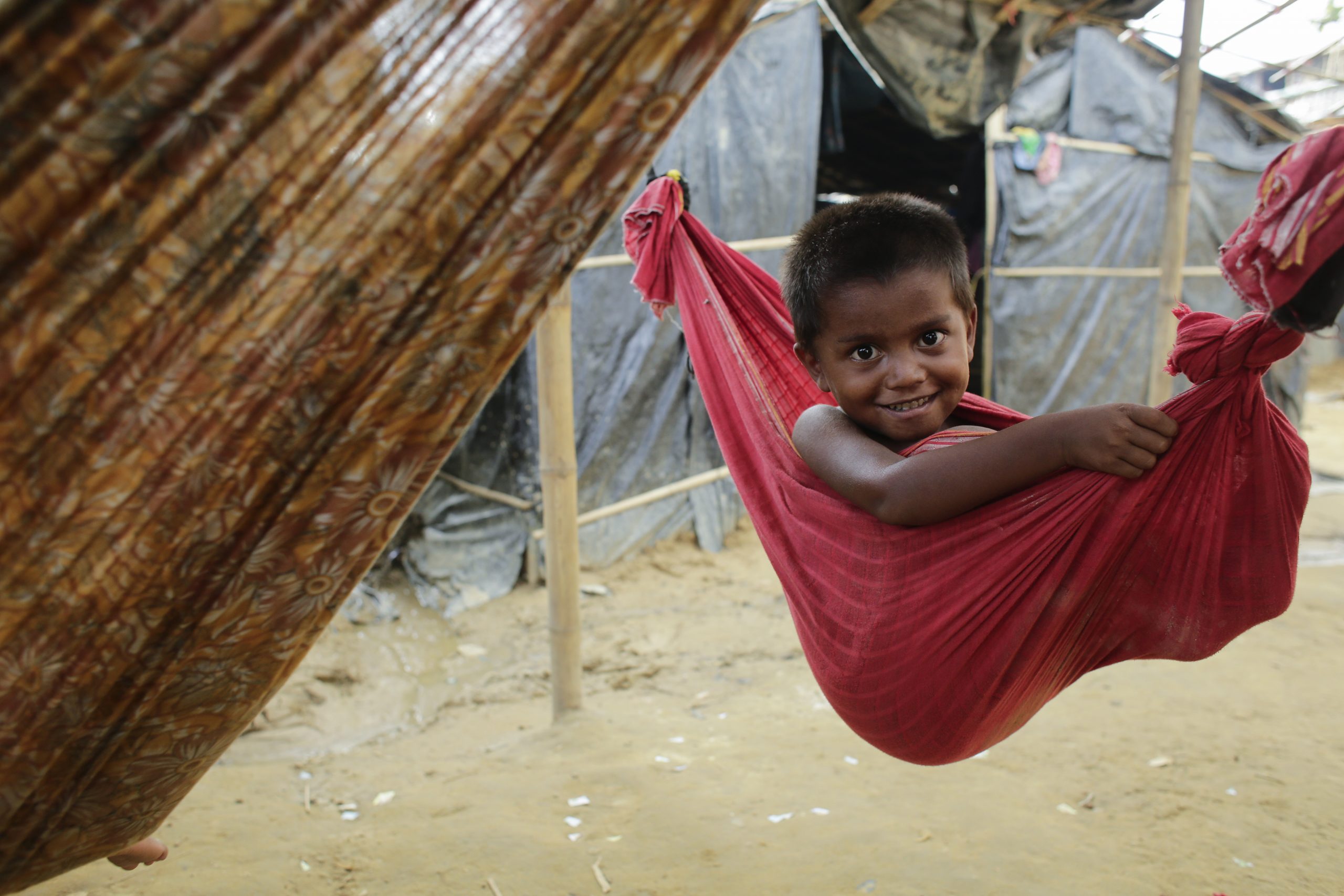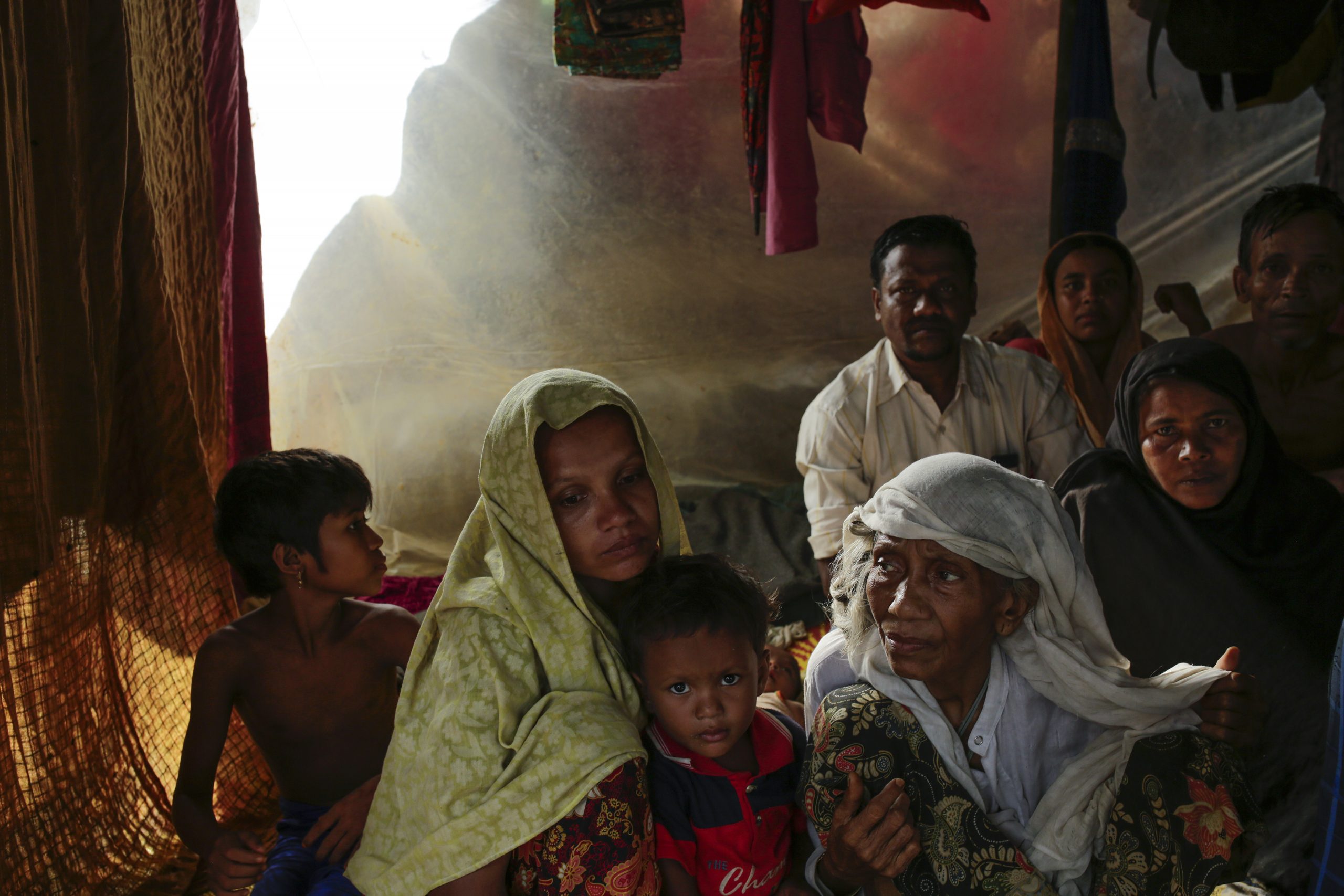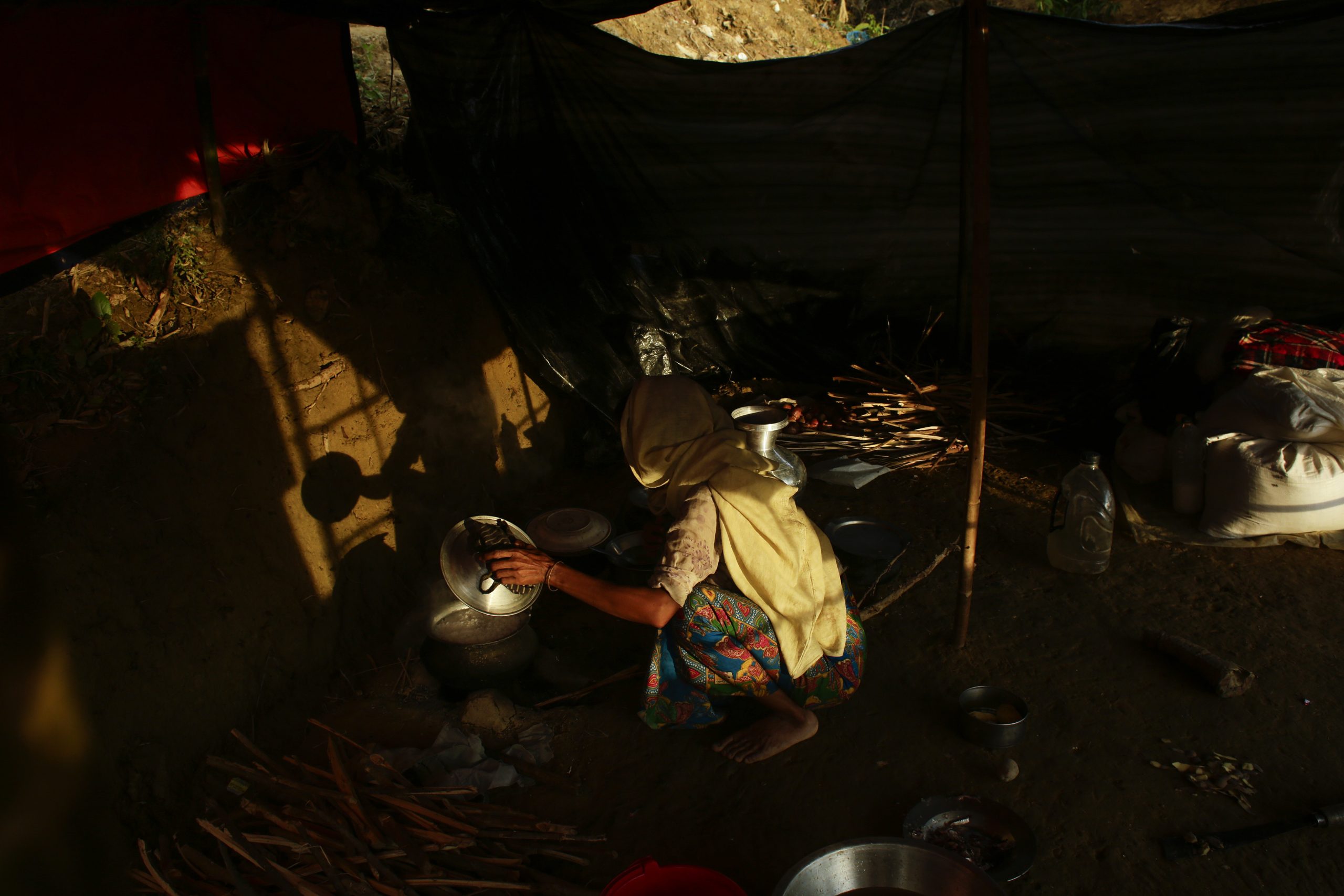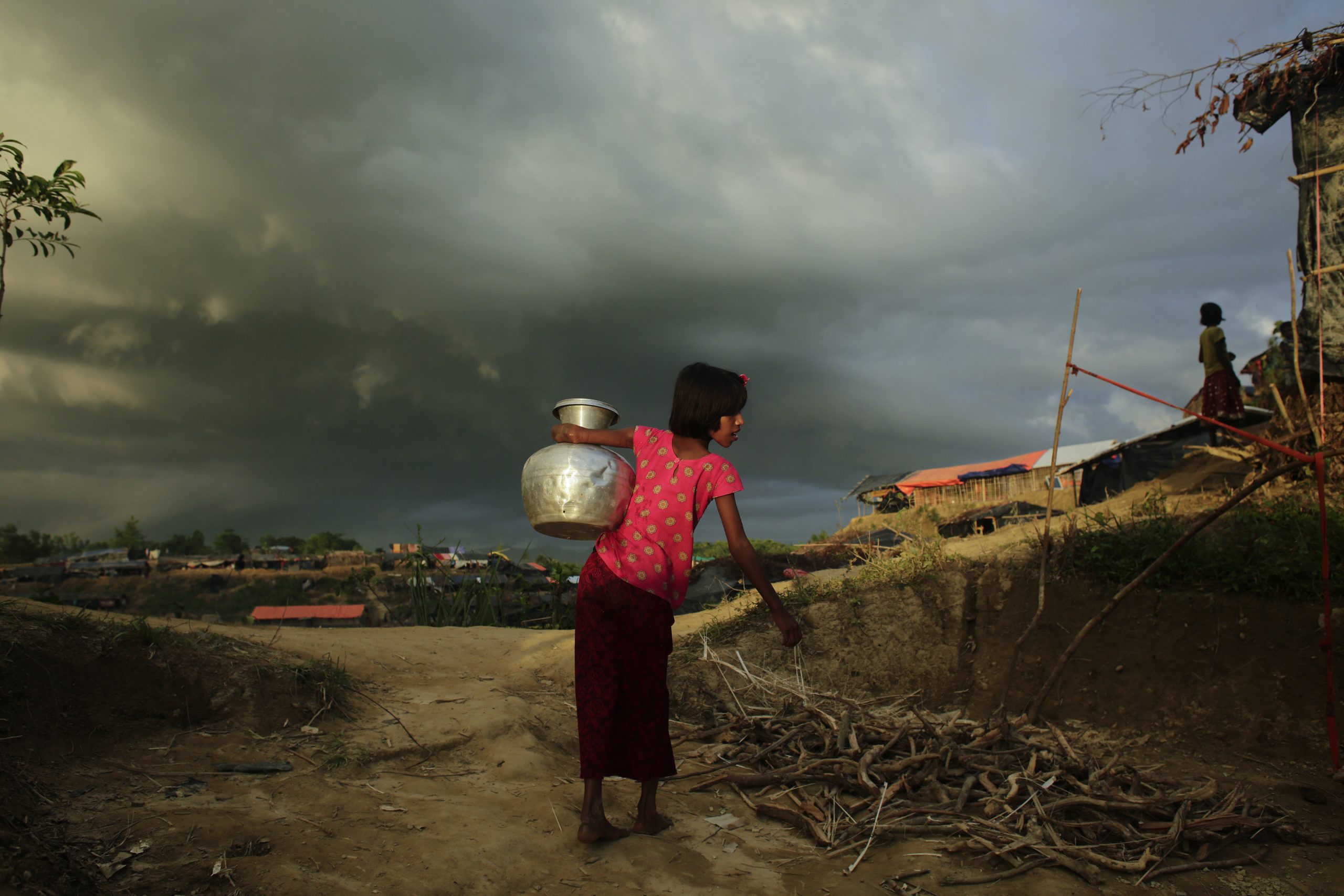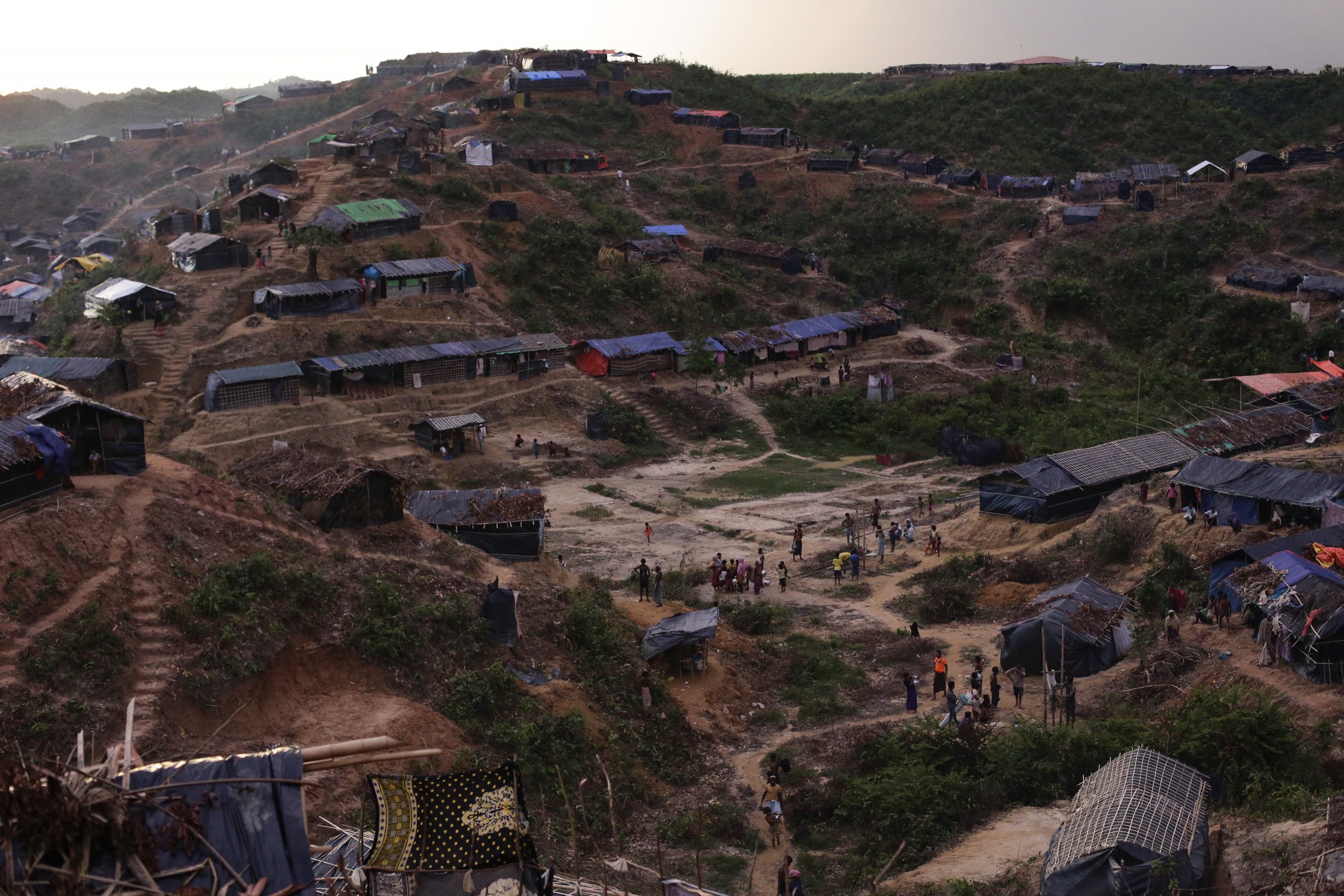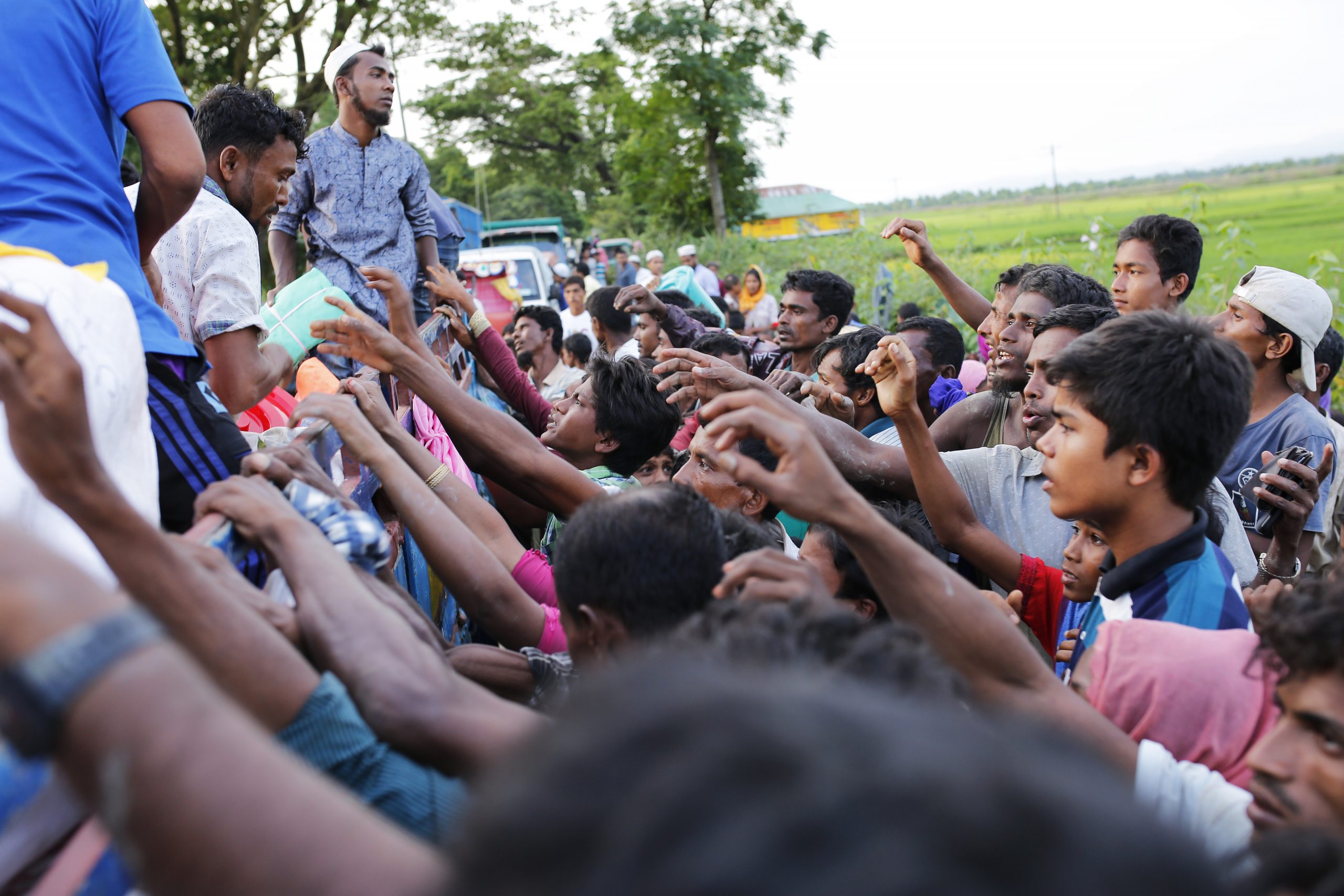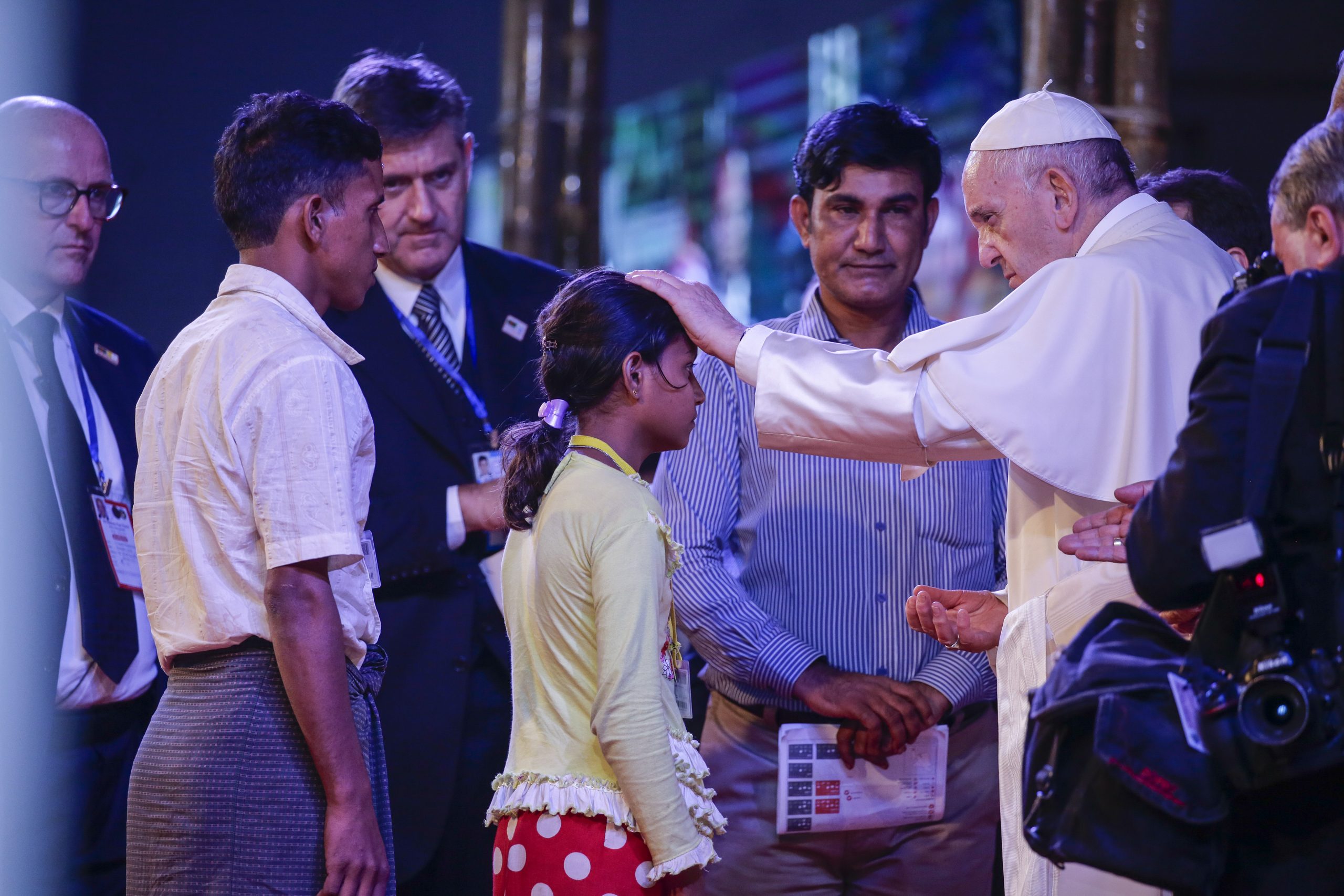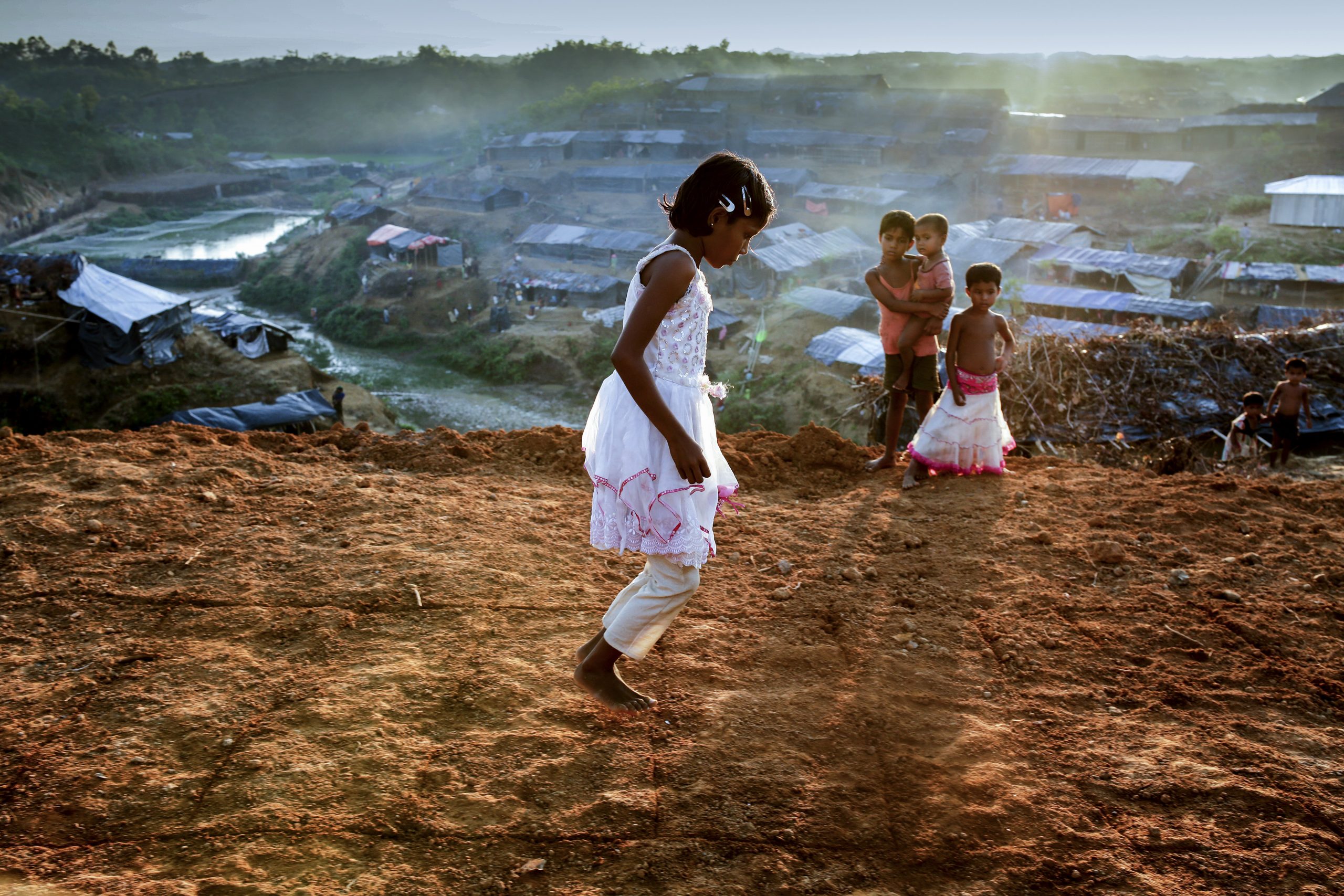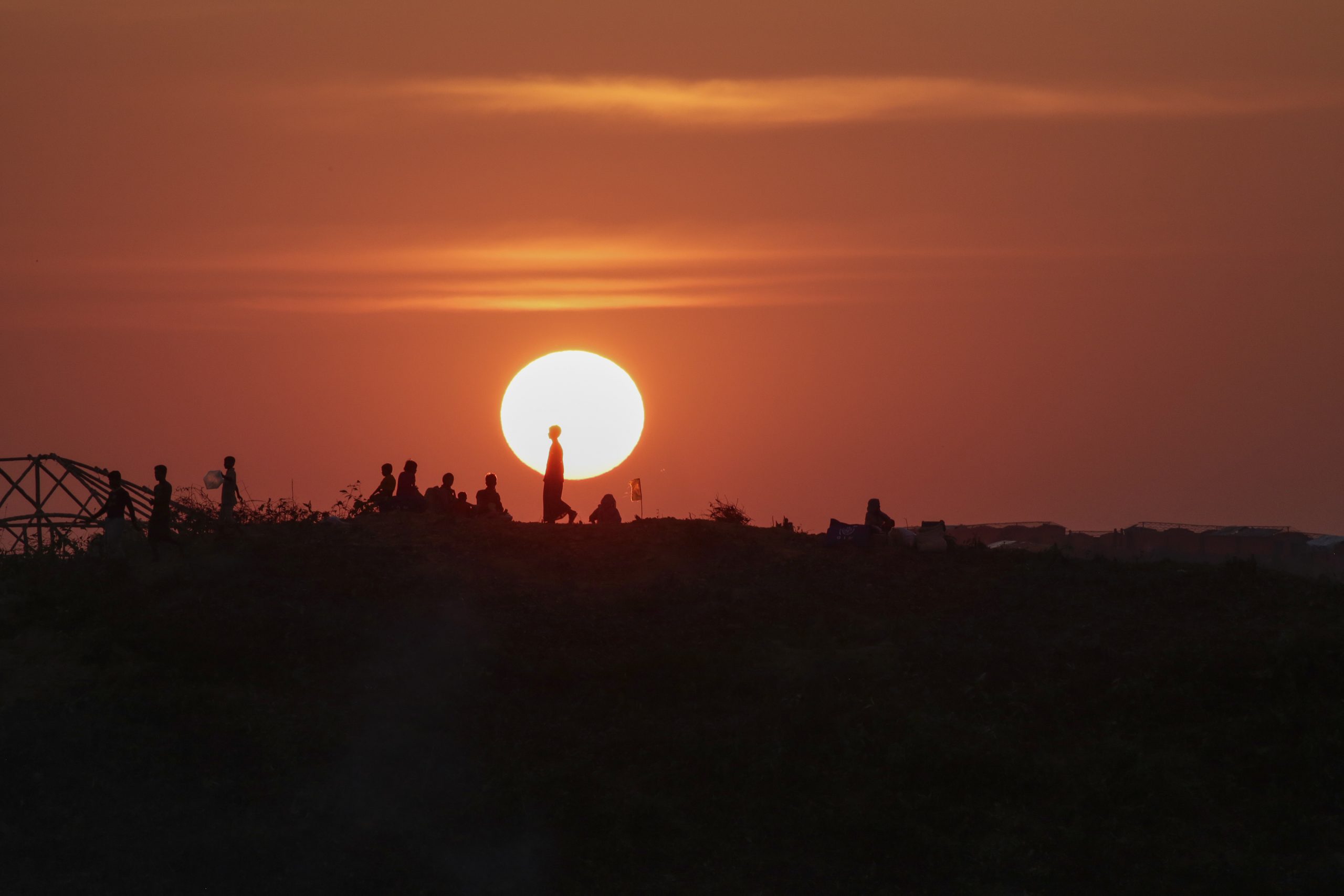
Abir Abdullah
An independent photographer and photo editor, Abir Abdullah works as a photography instructor at Alliance Française de Dhaka. He studied at the Pathshala South Asian Media Institute, gaining a diploma in photojournalism in 1999. He worked as the Bangladesh correspondent of the European Pressphoto Agency (EPA) from 2005 to 2017.
Abir has been appointed as the principal of Pathshala South Asian Media Institute from 2018 to 2020.
Refugee camp
Stateless Rohingyas – An Uncertain Future
My family fled from our village in Bangladesh to the capital during the Liberation War against Pakistan in 1971.
We had to flee travelling in the rain, under hot sun and often without enough food. The Pakistani army was killing innocent people including men, women and children, burning houses and raping women. I was very small and couldn’t remember much at that age. But what I saw on the Bangladesh-Myanmar border, when I was documenting the Rohingya exodus in 2017, was as if I had returned back to my childhood. And at the same time, it was beyond my imagination.
This time the Myanmar army had started a genocide against the Rohingya, to whom citizenship had been refused, burning villages, killing civilians and raping women.
As a consequence, more than 800,000 people have crossed the border into Bangladesh. Carrying what little they had on their backs, the men, women, children, and elderly people walked barefoot through the jungle and mountains for several days or risked the rough seas of the Bay of Bengal.
60 percent of them were children, from teenagers to infants, arriving exhausted, hungry, and dehydrated.
Abir Abdullah






















